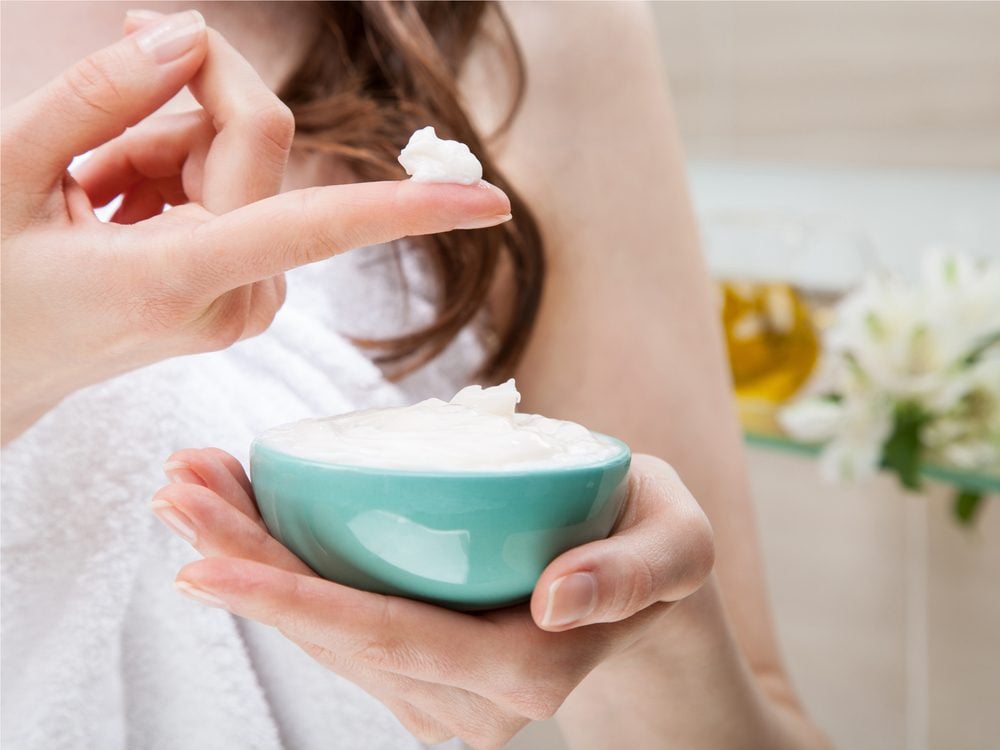
Apply: vegetable shortening
This thick, greasy kitchen staple is perfect to apply topically to dry, cracked skin to help it heal. Coat the affected area, cover with plastic wrap and secure with surgical or masking tape. Try to leave the wrap on for two to four hours to let the moisturizer sink in. If possible, repeat daily until rash calms.
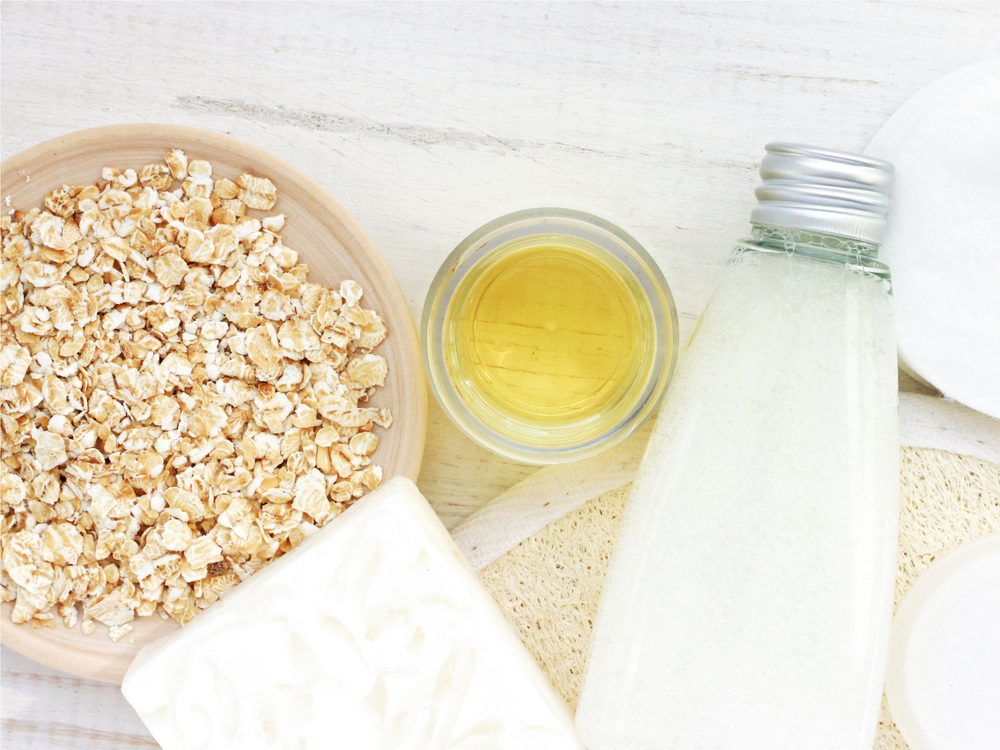
Apply: bath “recipes”
Add a cup of vegetable or mineral oil to a warm bath to moisturize and soothe dry skin. Another home remedy for skin is mixing 2 teaspoons olive oil with a glass of milk and adding it to your bath water. Oatmeal baths are also well known for soothing itch. Grind a few handful of plain oatmeal (not flavoured or instant) in a blender or food processor, then sprinkle the fine powder over your bath water. Adding 1 to 3 cups of magnesium-rich Epsom salts will help reduce itching and remove scales. Also add a teaspoon of lavender essential oil for its soothing and healing properties.
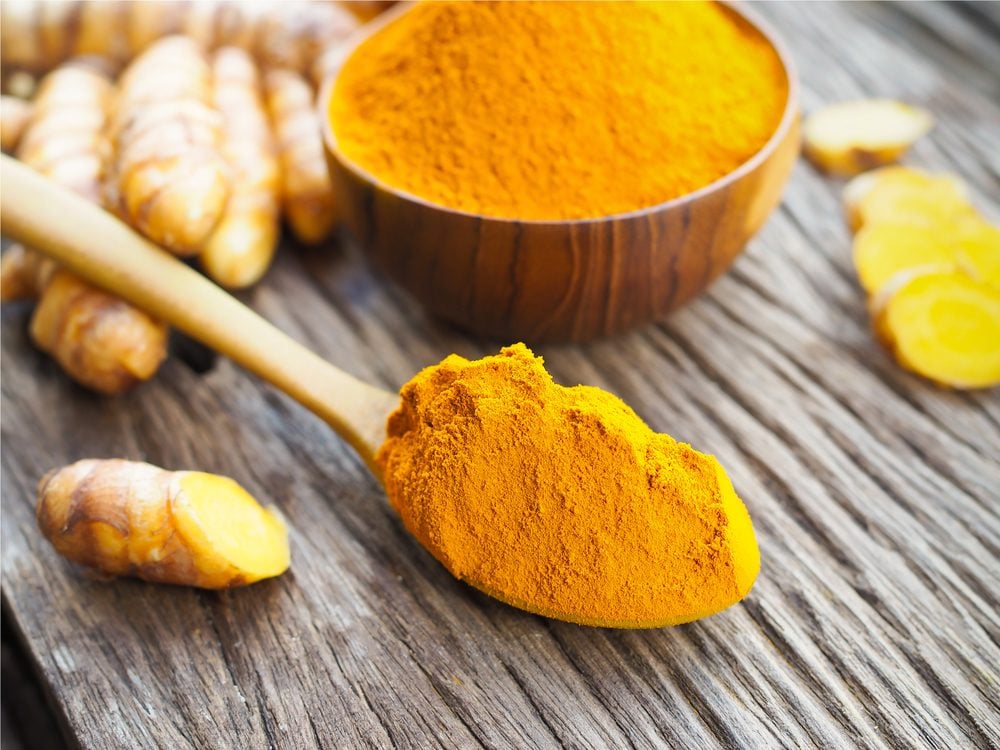
Eat: turmeric
Studies have linked this spice to reduced inflammation in a number of health conditions, including psoriasis. Curcumin, an antioxidant found in turmeric, has been shown to protect skin by neutralizing free radicals and reducing wound-healing time. To achieve benefits, aim to take in about a teaspoon of turmeric every day. It has a subtle, citrusy flavour that works well in rice, veggies, pasta, and other cooked meals.

Apply: apple cider vinegar
Apple cider vinegar has long been used to soothe skin inflammation and burns, and it is also a disinfectant. You can use cotton balls to apply the vinegar directly to scaly areas, or apply to larger areas with a clean paper towel dipped in 1 part vinegar to 1 part water. Note: Do not use this remedy if your skin is cracked or bleeding, as the vinegar will sting and irritate the area.
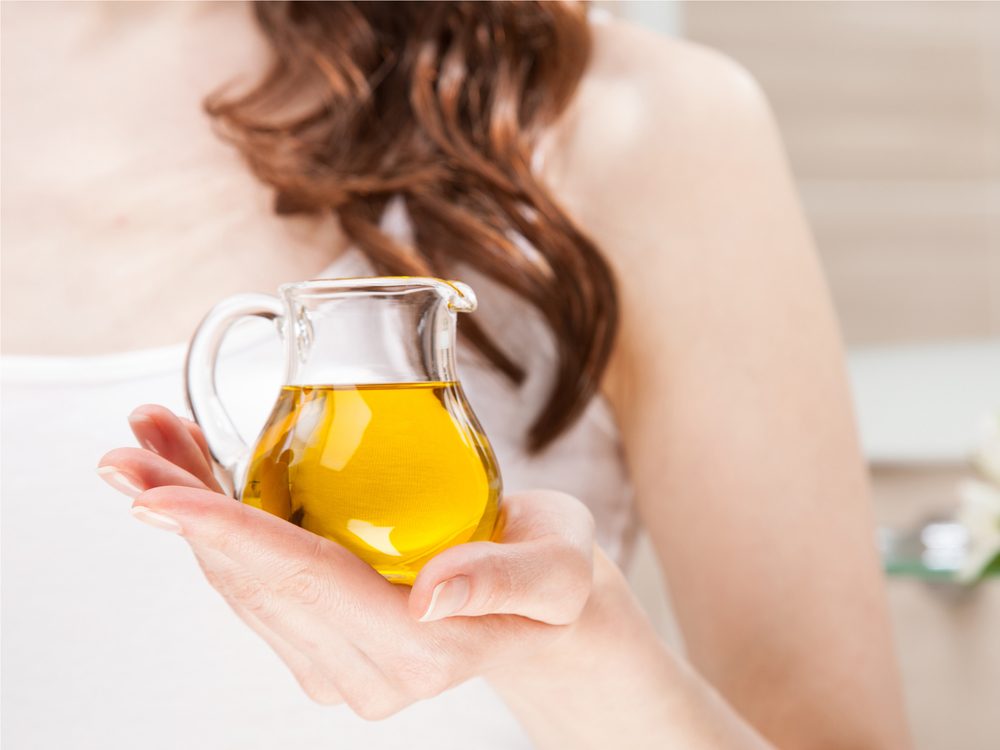
Apply: olive oil
Olive oil is another natural oil packed with omega-3 fatty acids which reduce inflammation. Try rubbing some warm olive oil into affected areas of the skin to soften scaly patches. If psoriasis is affecting your scalp, try working some olive oil into your scalp while showering to loosen and remove the dried skin. Adding olive oil to your diet can also help heal your skin from the inside out.
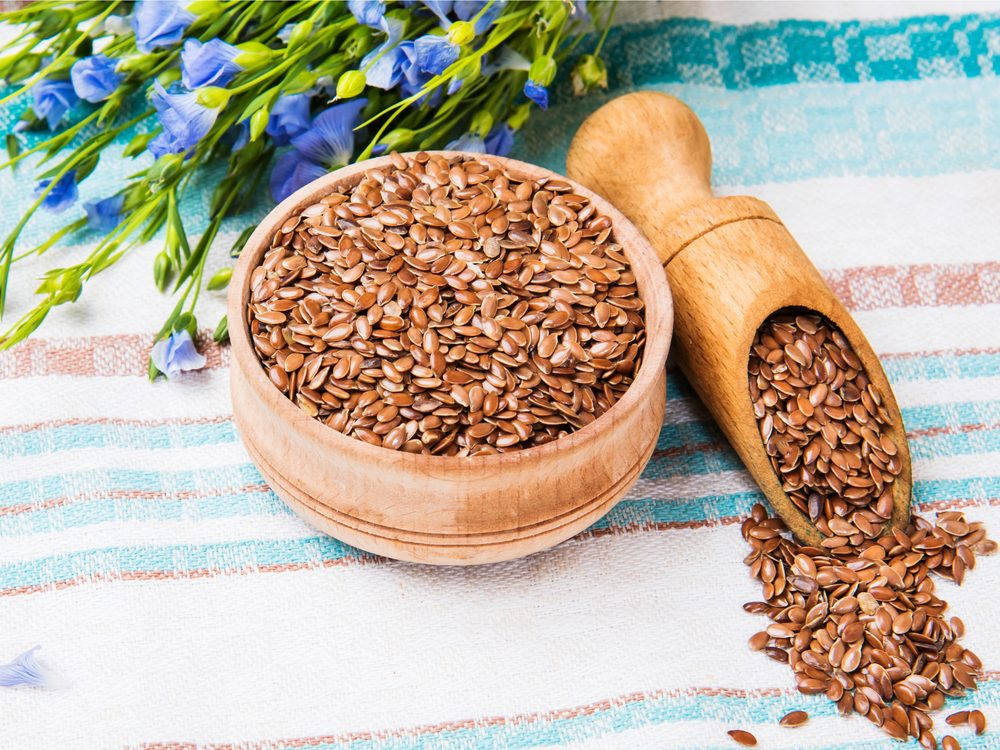
Eat: flaxseeds
Flaxseeds are packed with omega-3 fatty acids, and they help block a chemical in your body called arachidonic acid which causes inflammation. Grind up a few tablespoons of flaxseed and add to smoothies, oatmeal, granola, or salads. You can also use flaxseed oil as a dressing for salads and veggies.
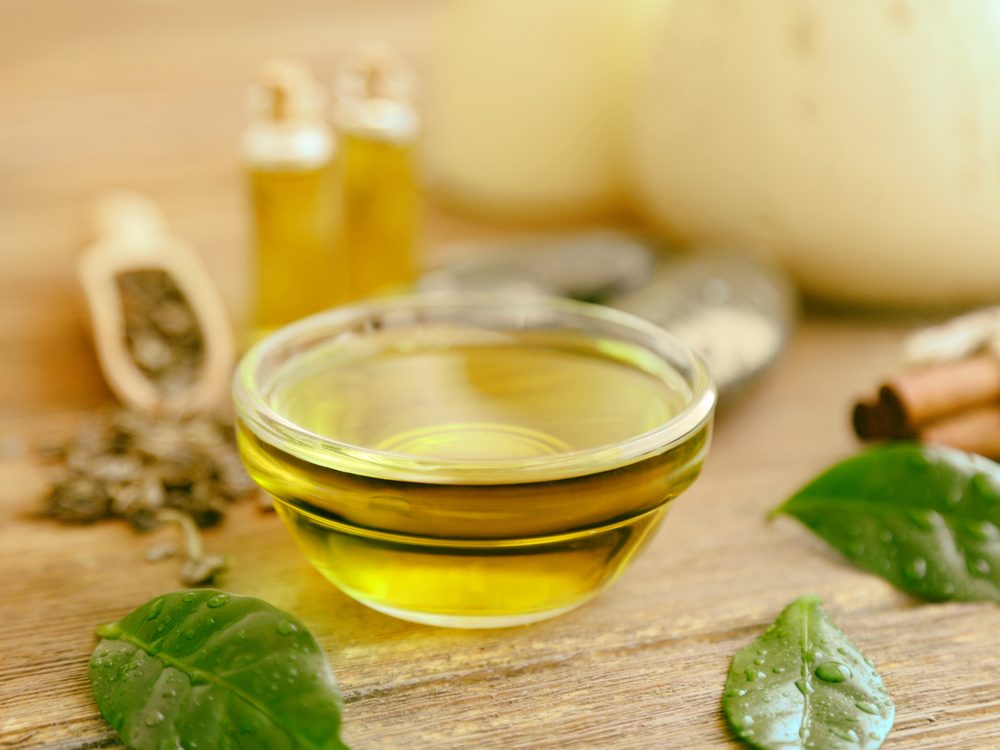
Apply: tea tree oil
Rub a few drops of tea tree oil, diluted in a little olive oil, into your dry skin or psoriasis patches several times a day. The Australian remedy is useful for relieving itch and softening plaques, especially if you have a mild case.
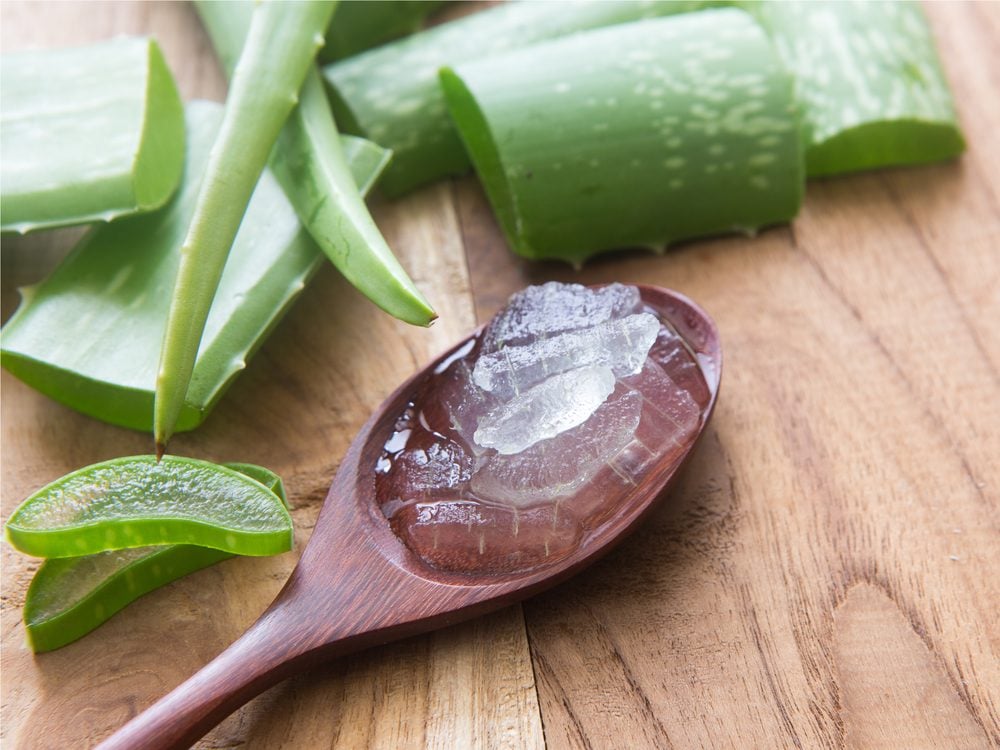
Apply: aloe vera
Pure aloe gel is rich in anti-inflammatory and healing compounds, and provides a nice cooling sensation to itchy skin. If you have eczema or psoriasis, consider growing your own aloe plant so you can take the gel straight from its natural source. Pure aloe vera gel can also be found at most drug stores and health food stores.
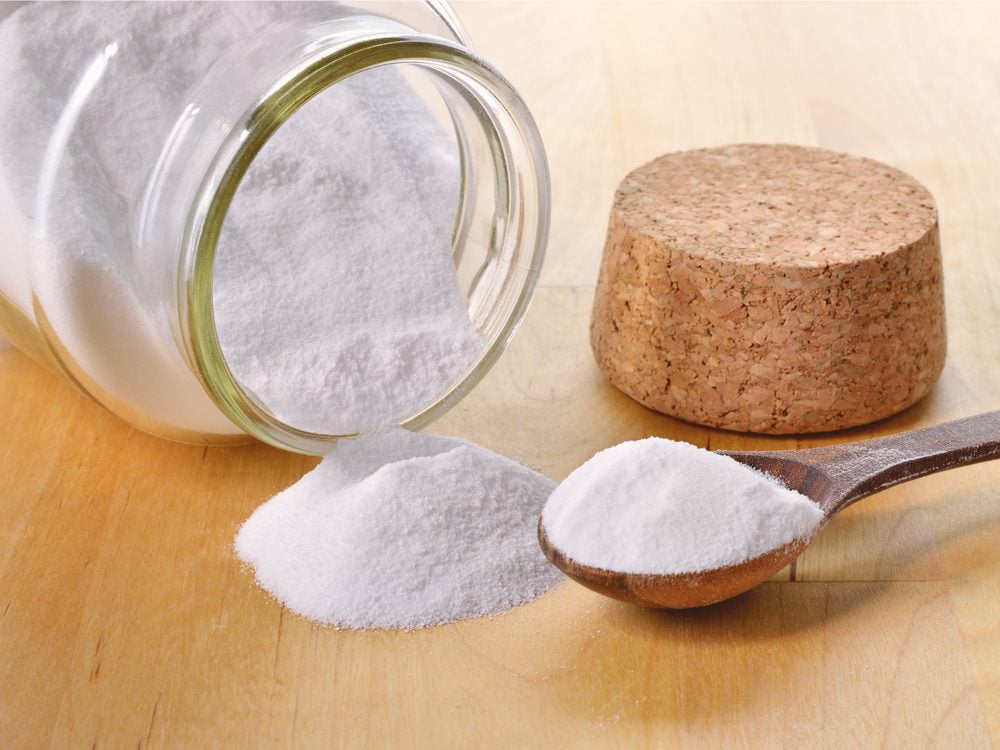
Apply: baking soda
Mix 1 1/2 cups of baking soda with 3 gallons of water. Use a washcloth to apply the mixture to itchy skin for quick relief.
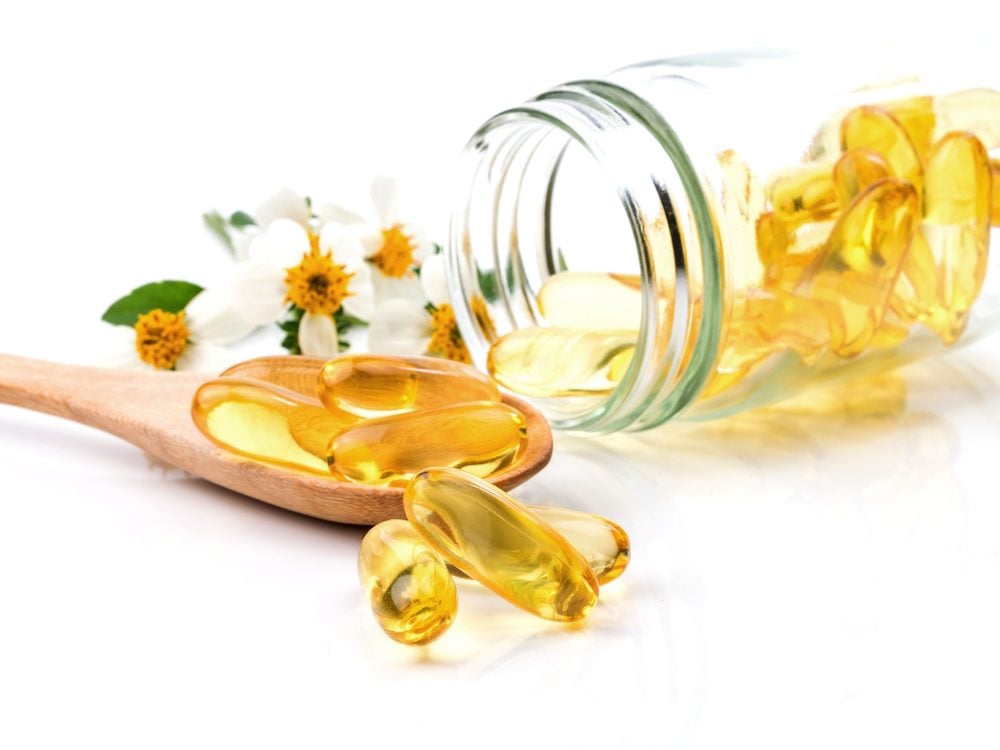
Eat: fish oil
Numerous health studies have linked the omega-3 fatty acids in fish oil to improvement in eczema and psoriasis when taken in high doses, between 3 and 10 grams a day. Talk to your doctor about taking a fish oil supplement. Meanwhile, olive oil, flaxseed, nuts, and fatty fish, such as salmon, sardines, herring, mackerel, and tuna are all good natural sources of omega-3 fatty acids. Aim for at least three 3 to 4 ounce servings of canned fatty fish per week. Note: omega-6 fatty acids, found in safflower, sunflower, and corn oil, have been shown to worsen inflammation.
We’re counting down the 8 Best Foods for Healthy Skin That Glows!